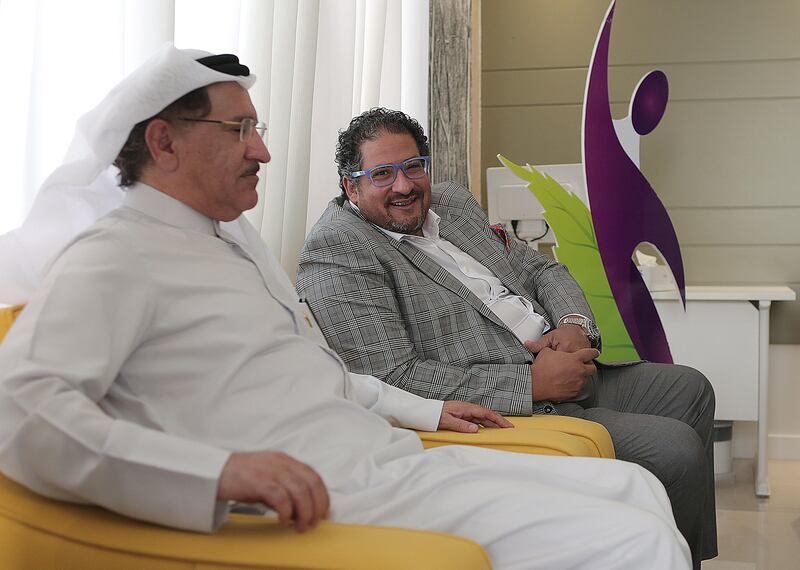A new drug rehabilitation centre for women is to be built in Dubai as patient numbers are expected to increase.
The Erada Rehabilitation and Treatment Centre was only opened in Al Khawaneej in January and it has so far treated about 80 male drug addicts but plans are afoot to build another centre for women. A change to the anti-narcotics law last year means that the focus is switching away from lengthy custodial sentences in favour of rehabilitation of drug offenders. The law also stipulated that more rehab centres should be opened and they should be working in partnership, an example of which is an agreement signed between the National Rehabilitation Centre in Abu Dhabi and the Erada centre last month.
“A rehabilitation centre similar to Erada is needed for females and boys below the age of 16,” said Dr Abdulqadar Al Khayyat, chairman of the Erada centre. “Currently, clinics in different parts of the emirate contact us and a specialised team from our centre will get in touch with female patients.”
Judge Hatem Fouad Aly, of the United Nations Office on Drugs and Crime, was visiting the centre on Monday and agreed that a new facility for women was necessary.
“There’s an increase in the number of women and children consuming drugs. Therefore, it’s important to address this category of society in the treatment process,” he said.
No details of when the centre would open were given.
The most recent Ministry of Interior figures showed that drug deaths were on the rise in the UAE, up from 4.5 out of every million in 2013 to 6.1 million in 2015, though it was still comparatively low to some Western countries, such as Scotland, which had 149.1 per million in 2015.
“The [current] centre offers its services to both Emiratis and expatriates in the UAE and greater region. It can accommodate up to 1,200 people and is supplied with a team of specialists in treatment of drug addiction and psychological rehabilitation to help them to return to their true path,” added Dr Al Khayyat.
He said the centre also plays a role in informing the community about the negative effects of drug use and how to tackle the menace.
Drug users usually contact Erada through its range of campaigns and activities, said Sami Hassan, director of media relations at the centre, which currently caters for 16 to 38-year-olds.
“Employees at the centre came up with a technique to help drug users speak openly about their situation. They distribute envelopes to people participating in the campaign and by the end [of the campaign] we collect these envelopes. Many times, we found names and numbers of people who were wishing to be rid of their drug addiction,” he said.
Mr Hassan said that drug dealers are using new channels, such as social media, to promote their wares, and that this makes it harder for authorities to stop them.
“Drug traffickers are using Instagram by posting a picture of the drug, requesting the buyer to send an amount of money through money exchange and then informing the buyer that a drug substance was delivered to a certain area,” he said.
Judge Aly agreed that online platforms were posing new challenges in the war on drugs.
“This is one of the challenges that makes it hard to arrest a drug trafficker using online platforms to promote the use of drugs,” he said.
“Among the methods used to promote drugs is using online games to attract youngsters to consume drugs. Drug traffickers are continuously using new ways attract more buyers.”
With the number of drug users increasing, Mr Hassan said that it only makes the work of the Erada centre more pertinent.
“Workers at the centre are aware that the worst possible scenario for those suffering from drug addiction is struggling alone with the rehabilitation phase,” he said.
“Without any outside help, these individuals remain chained to their environment, which unfortunately makes it difficult for them to resist temptation. Therefore, we work together at the centre to help controlled substance abusers find their path to sobriety and lead a normal life.”





